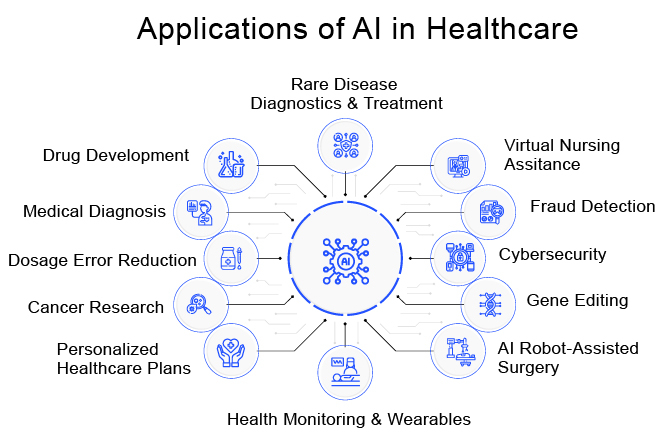900 319 0030
enquiry@shankarias.in
At a time of mounting healthcare challenges, Artificial intelligence (AI) is adding new capabilities to the health sector with astonishing speed.

As per the Indian AI Healthcare Market 2019-2025 report, AI in the Indian healthcare industry is estimated to grow at a CAGR of 50.9% during the forecast period.